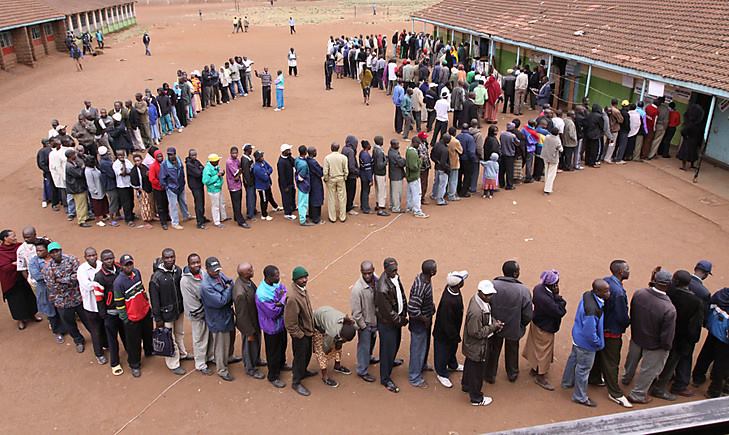Despite the violence that erupted in the aftermath of the re-election of Kenyan president Uhuru Kenyatta this week, the Danish government has applauded the election process.
The foreign minister, Anders Samuelsen, and the development minister, Ulla Tørnæs, made a joint statement praising the large number of Kenyans turning out to vote, as well as the president’s intention to co-operate with the opposition.
“We have noticed that the newly-elected president intends to co-operate with all Kenyans, including the opposition, and we encourage the coming Kenyan government to embrace this inclusive approach to all levels of government,” they wrote.
“We look forward to continuing out close ties with Kenya and reaching all our mutual goals regarding democratisation and sustainable development for all.”
READ MORE: Danish companies eyeing Kenyan market
A call for transparency
The two ministers also pointed out that while there is no evidence for opposition-voiced concerns about the vote count and publication of the election results, they urge the election commission, IEBC, to publish all relevant information concerning the election in respect to the voters.
They went on to further encourage the Kenyan security services to protect the human rights of all Kenyan citizens and work to ensure a peaceful framework for lawful public demonstrations.
Kenyatta received 55 percent of the vote, while the opposition leader and long-time rival, Raila Odinga, obtained 45 percent.
Earlier this year, over a dozen Danish companies signed up for a two-year pilot business project, ‘Africanisation – from Næstved to Nairobi’, designed to help them navigate the Kenyan market.
READ MORE: DI hopes Kenyan presidential result will set precedent
















